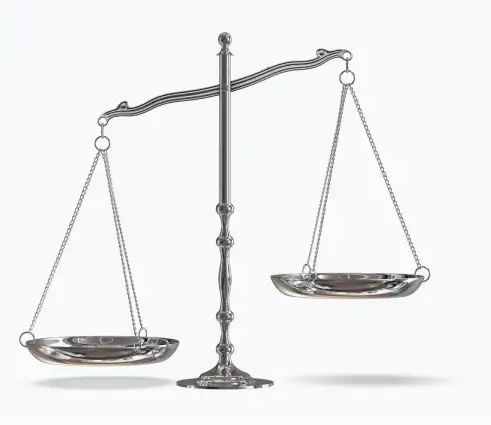In one of the previous articles, we discussed how legally use trademark owned by another person legally. In this article we will share some secrets and tips on how to choose your own trademark for goods and services that can be protected from copying and other misuse as easy as possible.
The current legislation establishes that the following objects may be objects of legal protection:
1) verbal in the form of words or combinations of letters;
2) figurative in the form of graphic compositions of any forms on the plane;
3) three-dimensional in the form of figures or their compositions;
4) combinations of the above-mentioned marks.
Such signs may be done in any color or combination of colors. It may be an audio-sign, light-sign, as well as a color or combination of colors.
However, not every designation receives proper legal protection, which requires the designation to possess a distinctive feature. The distinctive feature means that the consumer can easily establish an associative connection between a particular trade mark and the product or service which it designates. Trademarks, that have such distinctive feature, are called “strong”. The stronger the designation, the more likely it will be successfully registered, and the greater identification and highlighting of your product among similar will be, and the higher level of protection in case of violation of your rights by a third party will be, including protection in court. So which designations can be considered strong? The World Intellectual Property Organization allocates five categories of trademarks with distinctive capability – from the strongest to the weakest:
- Fictional trademarks which are fictional words or notations that have no real meaning behind them. Because they are the result of your imagination, competitors that provide similar services or produce/distribute similar products will not be able to justify usage of a similar or resembling designation. In addition, such trademarks do not usually indicate directly the product they designate, so customers may have some difficulty memorizing such designation or establishing an associative connection.
- Arbitrary trademarks are words or symbols that have a real meaning (they really exist and are not fictional), but there is no logical connection between them and the products that they represent (for example, the use of the word SUN for the designation of bakery products; competitors in the same industry have no reason to use the same word to indicate their products). Such trademarks are also strong, easy to protect, but they are also not very popular for the same reasons as fictional trademarks. In addition, the likelihood of successful registration of such trademark is rather high.
- Trademarks that hint at the goods/services they represent are words or signs that contain indications of nature, certain qualitative or other characteristics of the product, while not describing it to the full extent (for example, the use of the word SUN to designate LED products). However, such trademarks have a lower degree of protection because they partly point to the product itself. Thus, they receive less protection than fictional or arbitrary trademarks.
- Descriptive trademarks are trademarks that describe a particular feature of a product or service (for example, quality, type, form, origin, materials used to crate product, etc.). And although such trademarks could be very useful for marketing purposes, they have a weak degree of protection. Moreover, the likelihood of their registration is very low, as according to the current legislation, legal protection of designations, which consist only of signs, or data that are descriptive when used in connection with or relating to the goods and services that are indicated, or designations that reflect only the form of the product specified by its nature, technical result or goods value cannot be obtained. In particular, such data includes the type, quality, composition, quantity, properties, purpose, value of goods and services, place and time of production or sale of goods or services.
- Common designations – words or signs that are directly referred to as products with a particular trademark. Such designations have no distinctive feature. Such designations are no subject to legal protection in accordance with the current legislation of Ukraine.
Thus, before filing trademark registration documents, it is necessary to scrutinize the designation for compliance with all the requirements of the law for obtaining legal protection, and to keep in mind that the distinctive feature of the sign can be increased, in particular, by using a special font, color, as well as sign combinations.]]>


